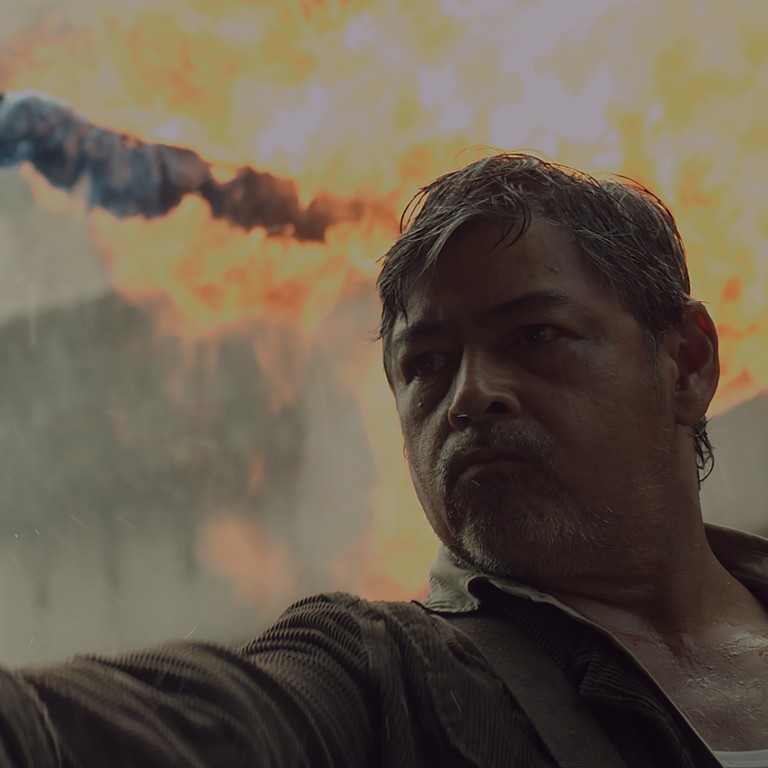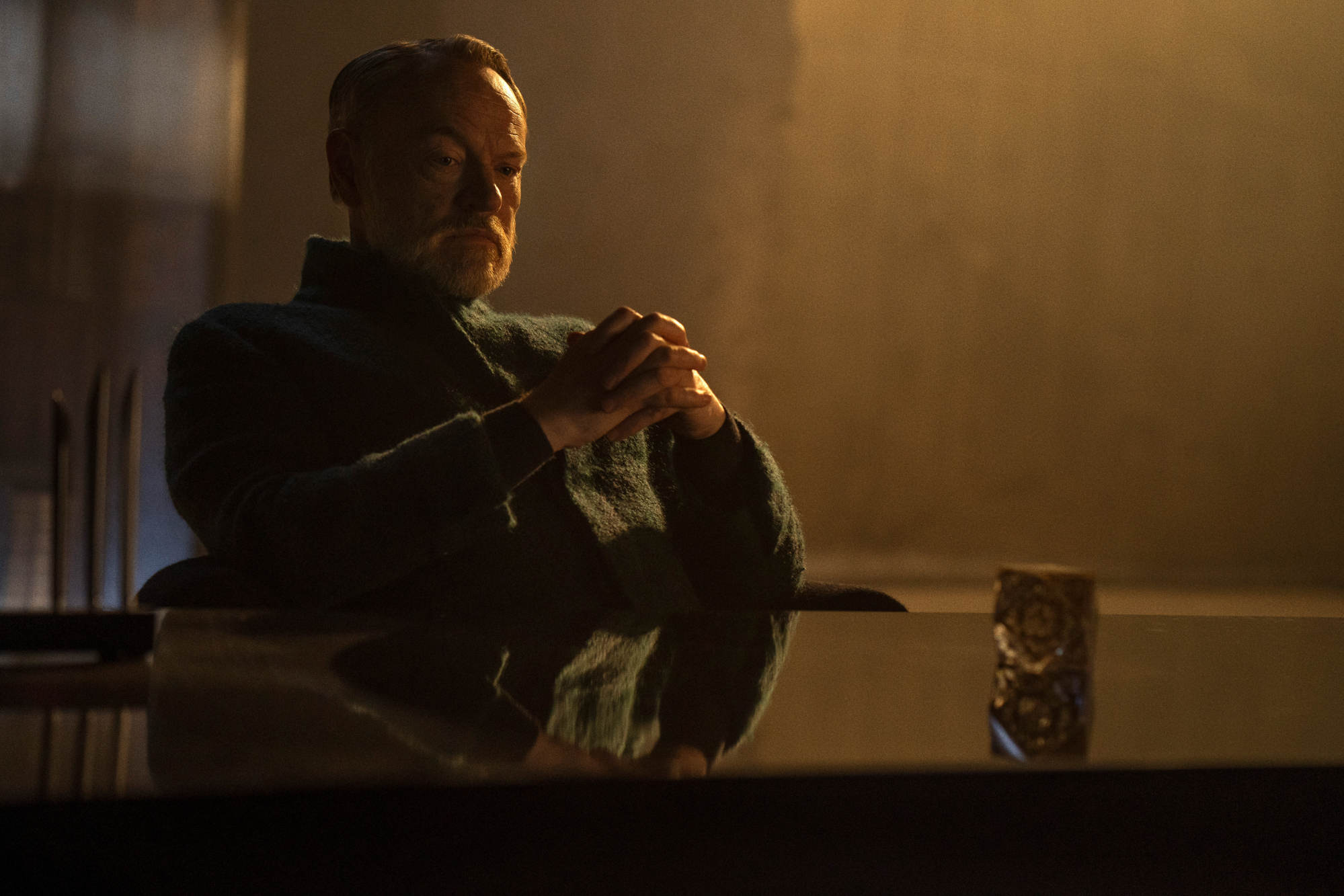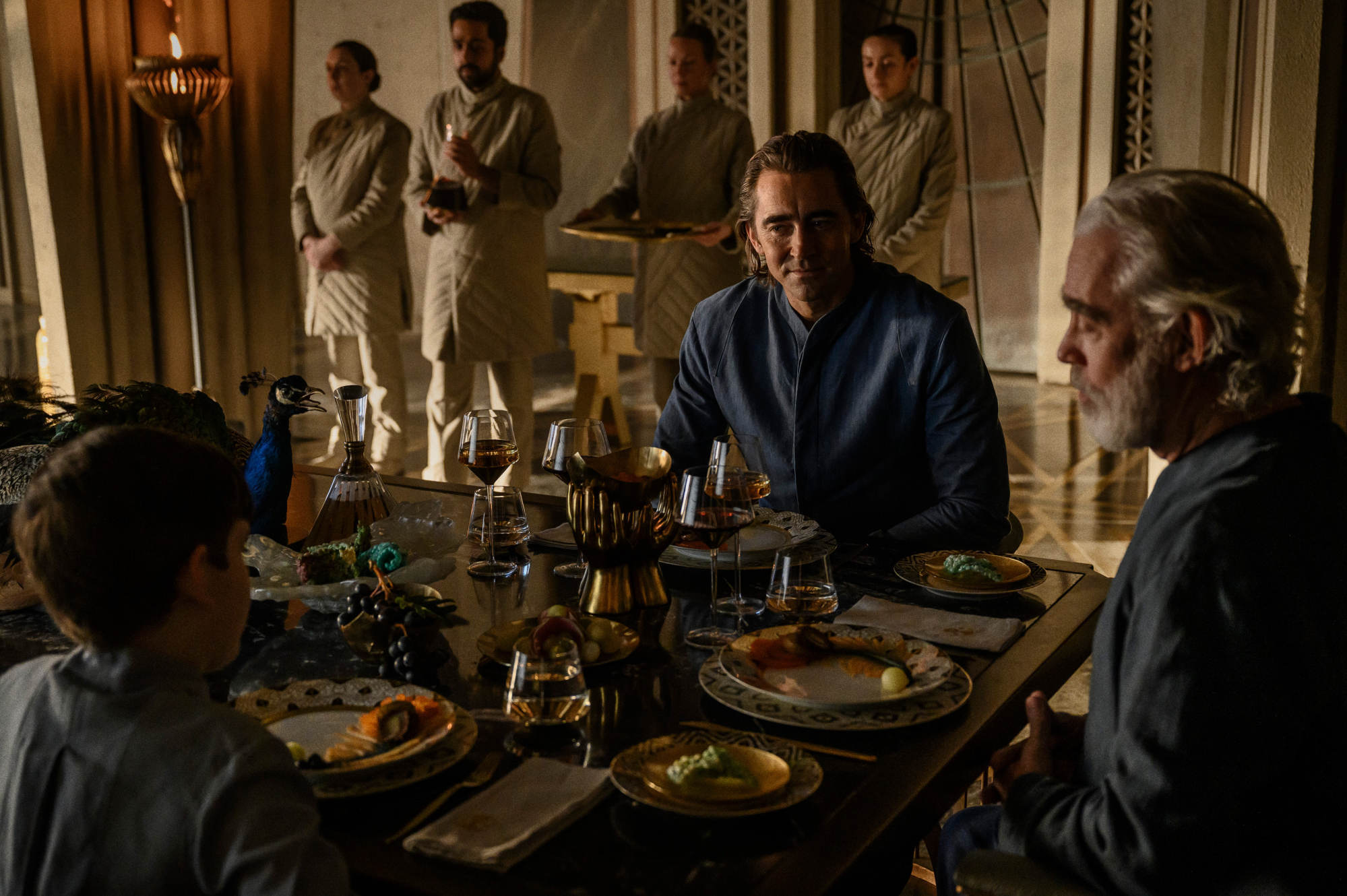
Politics meets crime in HBO Go’s On the Job, Philippine miniseries that’s stunning, while Isaac Asimov adaptation Foundation on Apple TV+ travels through space and time
- An policeman’s pursuit of a case in the Philippines leads him straight to the country’s senate and presidential palace in political crime thriller On the Job
- Foundation, an Isaac Asimov adaptation, is an action-adventure series imbued as much with fractured relationships and betrayal as with interplanetary warfare
If you’ve never seen the work of Filipino filmmaker Erik Matti, then chances are you don’t know the Philippines is capable of producing political crime thrillers to rival the best European or American miniseries.
Assassins are recruited from a prison to do the dirty work of police chiefs and politicians, who give the killers free passes before quickly returning them to jail.
Go-to hitman Tatang (Joel Torre) works with sidekick Daniel (Gerald Anderson); on their case is principled police officer Francis Coronel Jnr (Piolo Pascual), whose picking at the threads of unsolved murders leads him to the senate and presidential palace.

What’s worse is that it exposes his father-in-law so, before he even realises the impossibility of his situation, Coronel is implicated because of his family ties.
Who do you turn to for justice when death squads are out running a country on behalf of its senators, journalists are being eliminated and media is reduced to little more than the government’s mouthpiece?
Netflix K-drama Racket Boys celebrates sports and rural living
While the two, disparate sections of the series make for an inevitable shift in tone, haircuts and fashions, the last four episodes widen the work’s scope to include problems such as fake news and the manipulation of truth in the (dis)information age.

Watch this space
Its influence on the likes of Star Wars, Star Trek and Total Recall is clear – the 10-part series (now streaming, new episodes weekly) features Jared Harris as Hari Seldon, visionary mathematician and founder of the predictive science of psychohistory; Lee Pace as the implacable Emperor Brother Day; and Leah Harvey as planet warden Salvor Hardin – all invested, in various ways, in the collapsing Galactic Empire. There’s even a rakish, Han Solo-style trader and pilot in the shape of Hugo Crast, played by Daniel MacPherson.

Leaping through space and time to try to preserve punitive imperial rule on one hand, and knowledge and civilisation on the other, these characters boldly go from shimmering city to frigid globe in the blink of a ship’s hyperspace drive.
If plans to adapt the entire Foundation saga are realised, that same device will be propelling them right into subsequent seasons of this cinematographic masterpiece.
In the meantime, science-fiction fans can bask in an action-adventure tale imbued as much with fractured relationships, betrayal, contemplation and other mysteries as it is with laser-blasters, insurgent armies and interplanetary warfare.
One mystery it seems unable to tackle, however, is why American writers insist on using the abbreviation “math” for the word “mathematics”. Perhaps that’s a question for season two.

